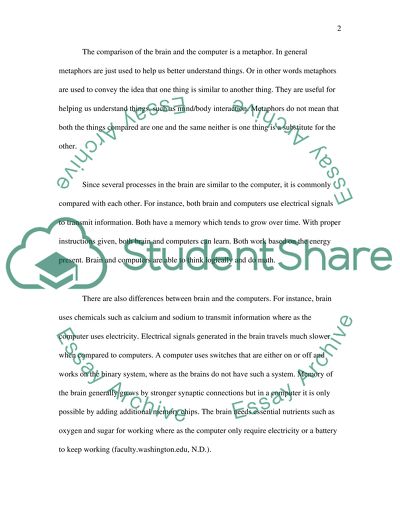Cite this document
(“Human Brain and Computer Essay Example | Topics and Well Written Essays - 1500 words”, n.d.)
Human Brain and Computer Essay Example | Topics and Well Written Essays - 1500 words. Retrieved from https://studentshare.org/miscellaneous/1519201-human-brain-and-computer
Human Brain and Computer Essay Example | Topics and Well Written Essays - 1500 words. Retrieved from https://studentshare.org/miscellaneous/1519201-human-brain-and-computer
(Human Brain and Computer Essay Example | Topics and Well Written Essays - 1500 Words)
Human Brain and Computer Essay Example | Topics and Well Written Essays - 1500 Words. https://studentshare.org/miscellaneous/1519201-human-brain-and-computer.
Human Brain and Computer Essay Example | Topics and Well Written Essays - 1500 Words. https://studentshare.org/miscellaneous/1519201-human-brain-and-computer.
“Human Brain and Computer Essay Example | Topics and Well Written Essays - 1500 Words”, n.d. https://studentshare.org/miscellaneous/1519201-human-brain-and-computer.


